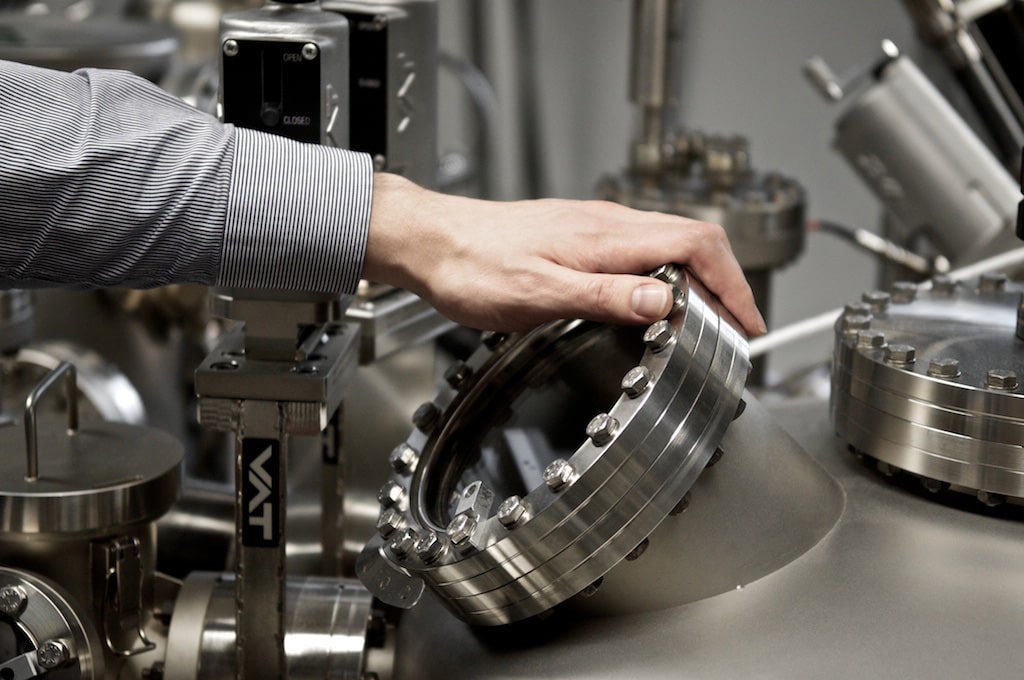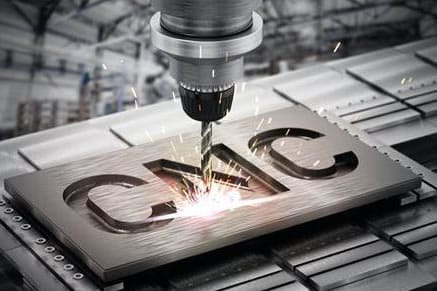CNC Machining Services: The Backbone of Trendy Precision Manufacturing
CNC Machining Services: The Backbone of Trendy Precision Manufacturing
Blog Article
CNC cutting and milling has transformed the manufacturing industry, providing a reliable and accurate way to make components and parts across many industries. This advanced technology uses computer-controlled machinery to perform cutting drill, milling and many other actions on kinds of materials like metals plastics, and wood. The level of precision obtained via CNC milling is unrivaled, allowing for complex designs to be executed in a highly precise manner. In replacing manual labor with automated processes, CNC machines have significantly decreased the chance that human error will occur and has also improved production speed. The combination of precision with effectiveness has led to CNC machine machining an integral element of manufacturing today.
The primary advantage of CNC machining is the unbeatable precision and ability to produce extremely complex design. Contrary to manual machining where the operator is required to physically manage the machine, CNC machines are guided by specific instructions that cut, shape, and shape materials with astonishing accuracy. This reduces the margin of error significantly, allowing for production of components which meet exact specifications. Intricate geometries, complex specifics, and tight tolerances are all possible by CNC manufacturing, making it the ideal tool for businesses which demand high standards of accuracy, such as aerospace, where even tiny errors in components can result in serious negative consequences.
The effectiveness of CNC machine is a key element in the widespread use of CNC. The traditional machining techniques require experts to manage the machine, change parameters, and alter equipment for every operation. This process is not only lengthy, but is also vulnerable to human error. CNC-machined machining, on other hand, automates these jobs, enabling machines to work continuously under the least amount of supervision. When the software is installed and the machine is filled with the appropriate material, it can perform multiple processes without interruptions, greatly cutting down on production time. CNC machines also have the capability working 24/7, making them perfect for big production runs. This efficiency level allows manufacturers to meet the tightest deadlines, increase their output as well as reduce the cost of labor in the process, while still maintaining top quality standards.
CNC machines' versatility is a further factor that has made it a cornerstone of modern manufacturing. It can work with a wide range of materials, from hard metals such as titanium and stainless steel to wood and plastics. This means that CNC machining is suited for making parts that can be used in a variety of industries, such as aerospace, automotive, electronics, medical, and consumer products. Additionally, CNC machines can perform multiple operations like cutting, milling engraving, drilling and even 3D contouring with a single configuration. This versatility eliminates the necessity to have multiple machines as well as part transfers, thereby increasing the effectiveness. Whether manufacturing a prototype or producing large batches of products, CNC machining offers the ability to accommodate a variety of production needs. To receive added details kindly look at www.premiumparts.com/services/cnc-machining
One of the difficulties associated with CNC cutting is the initial setup cost. In the beginning, investing in CNC machinery and the software needed to run it can be expensive, especially for smaller companies. However, the longer-term advantages of CNC processing, including lower labour costs, improved effectiveness, and improved manufacturing quality - often exceed the cost of the initial investment. Additionally, many companies offer CNC machining solutions to enterprises who may not have the resources to make the investment in their machines, which allows smaller companies to profit from this technology without the upfront costs. As the demand for CNC machining continues to grow in the coming years, the cost of machine and software is predicted to lower, making it accessible to a wider range of firms.
Future of CNC Machining is promising, as technological advancements continue pushing the boundaries of what machines can attain. As CNC machines get more sophisticated, they are increasingly integrated with other technologies including 3D printing and robotics, in order to develop hybrid manufacturing techniques which combine the advantages of different techniques. Furthermore, the rise of smart manufacturing and technology like the Industrial Internet of Things (IIoT) can lead to increased connection and automatization in CNC machine machining. This allows the machines to interact with each the other and modify their operation with real-time sensor data. As these innovations continue to advance, CNC machining will remain an essential tool in the evolution of modern manufacturing offering even greater accuracy, speed, and versatility for the coming generations of goods.